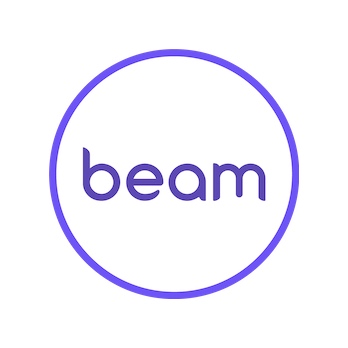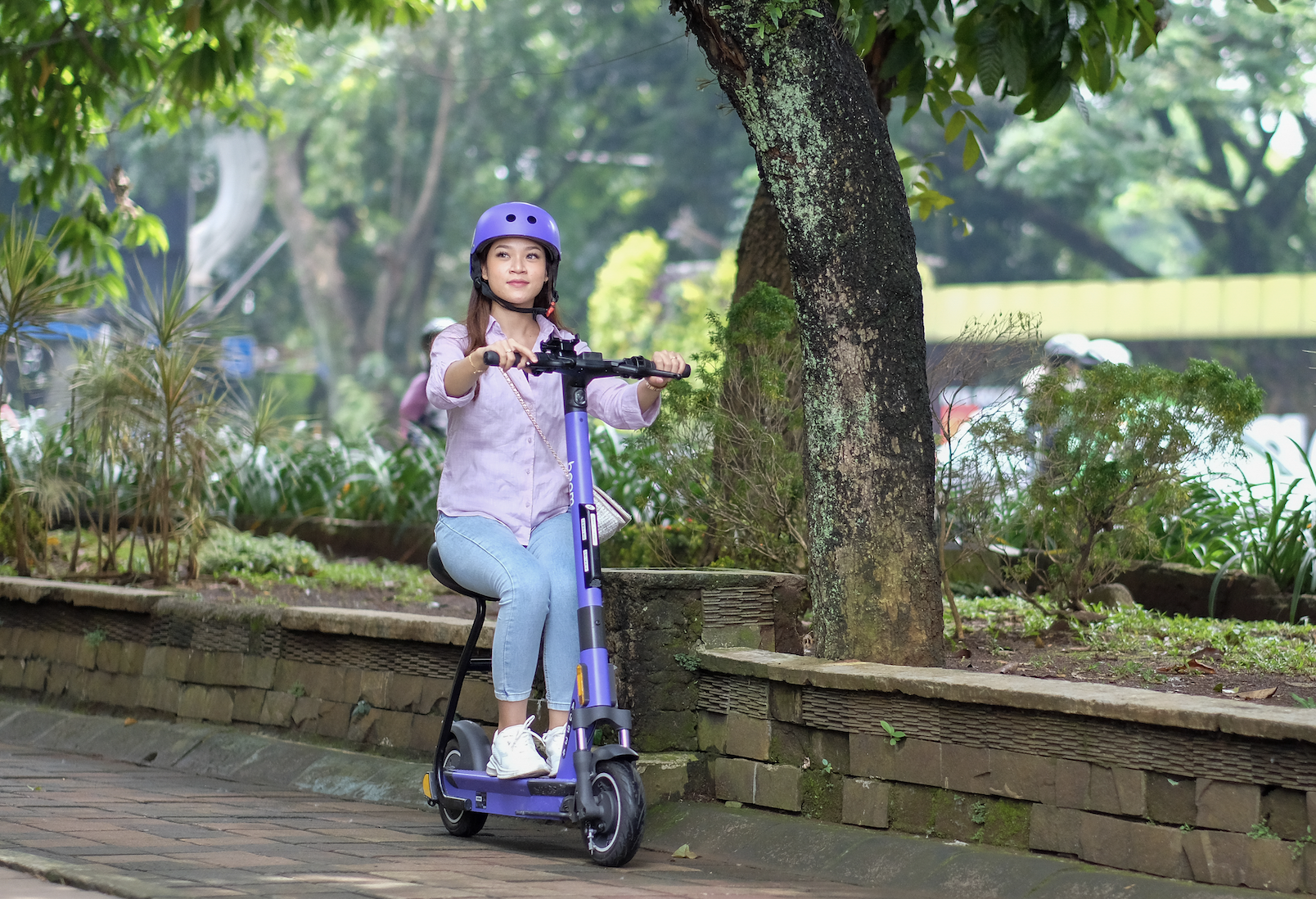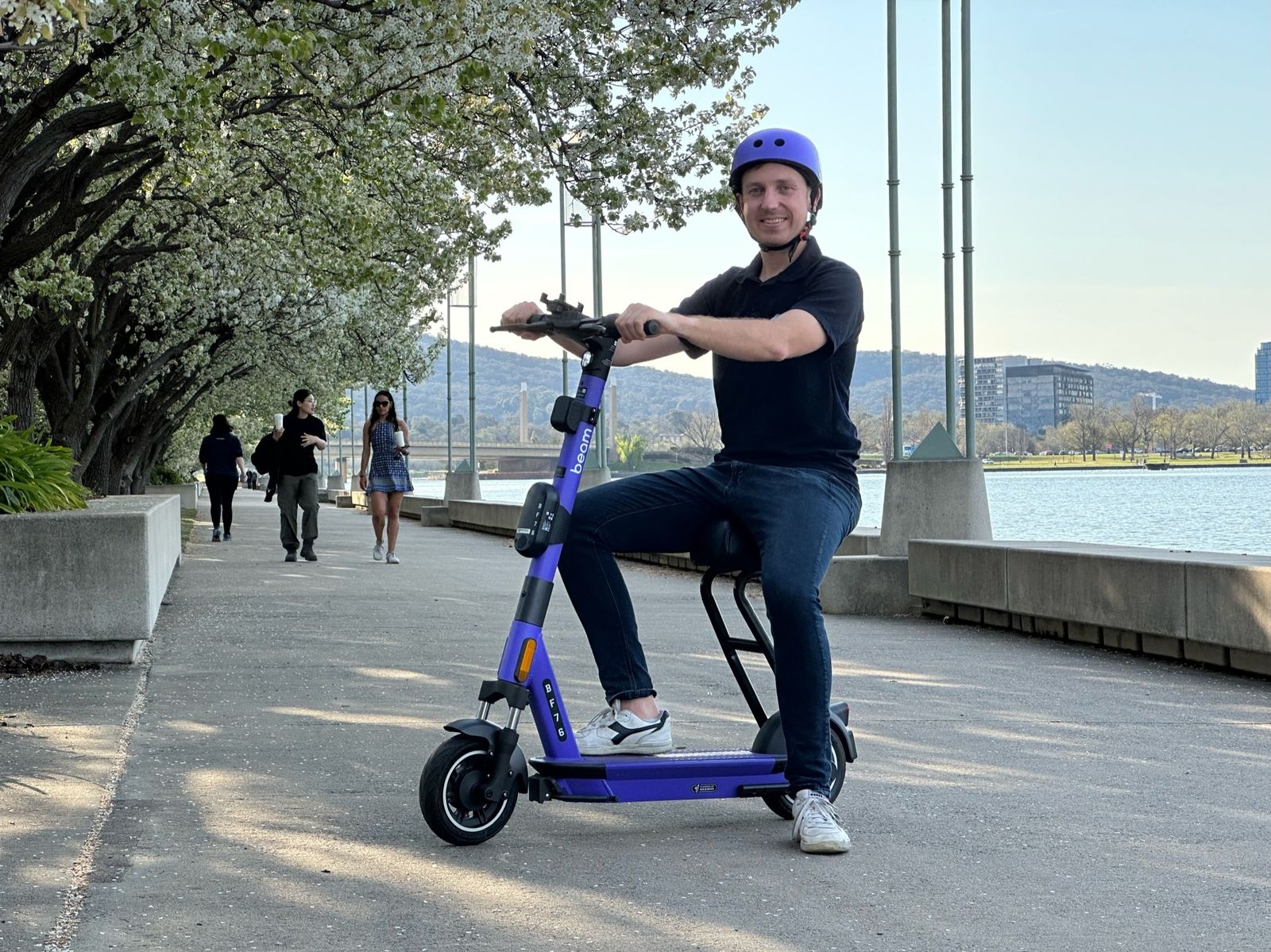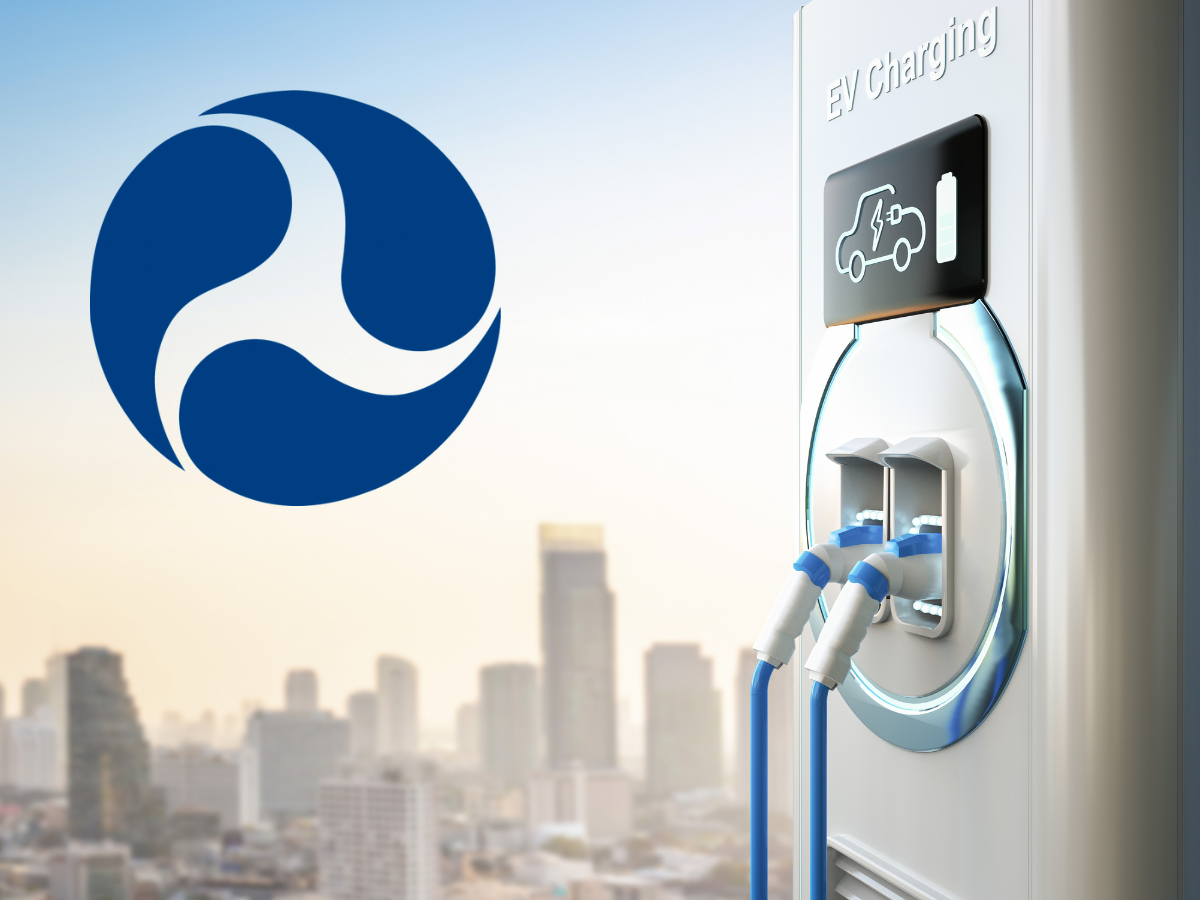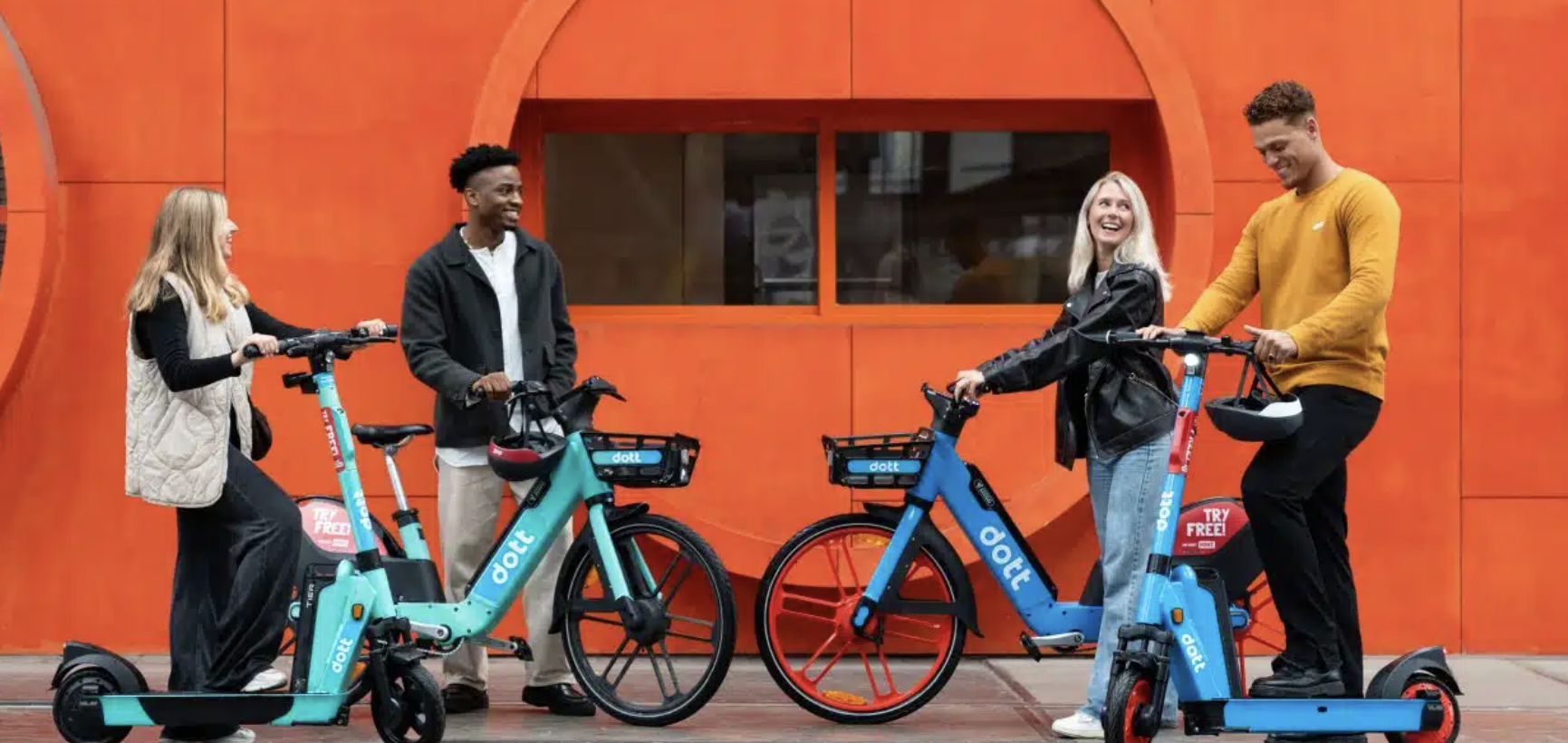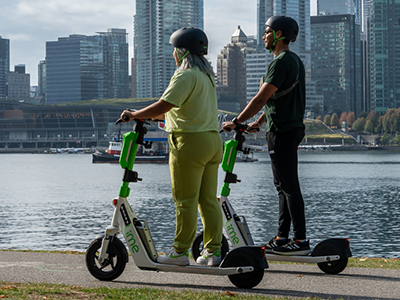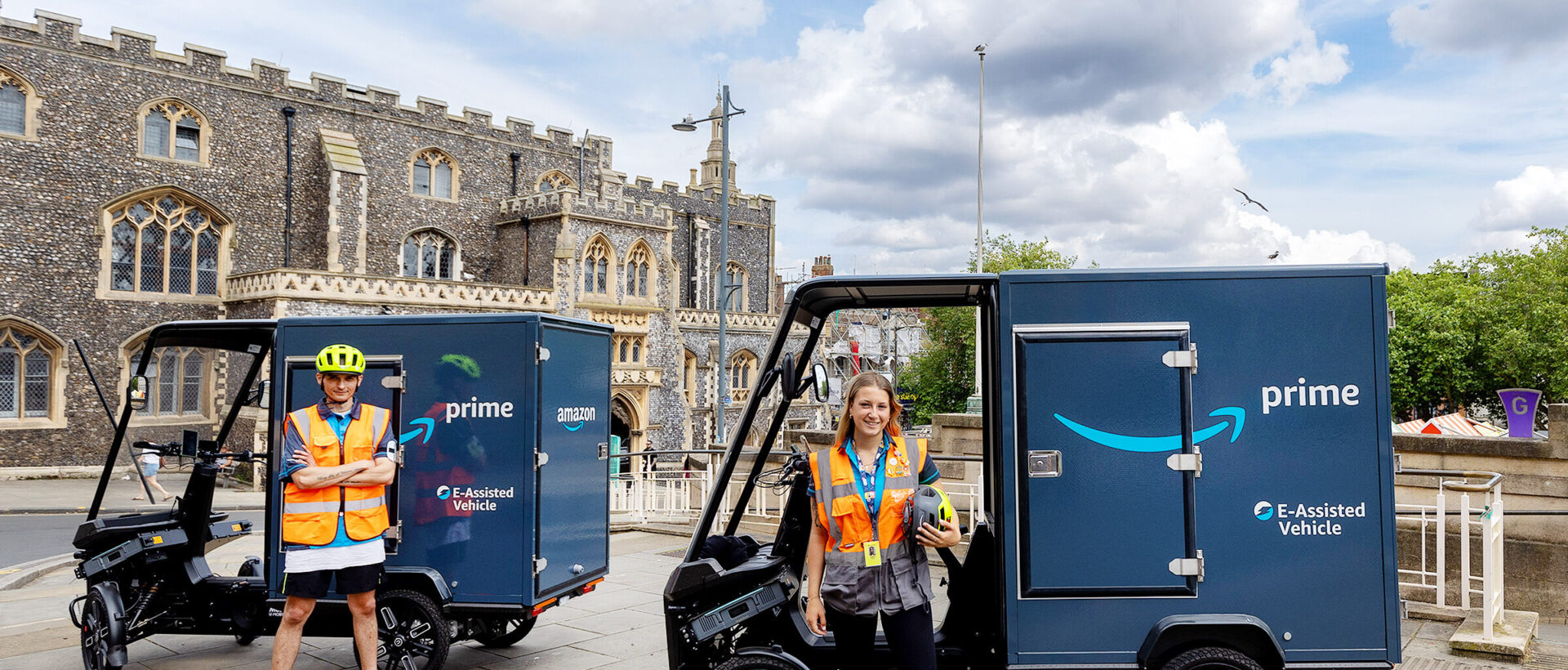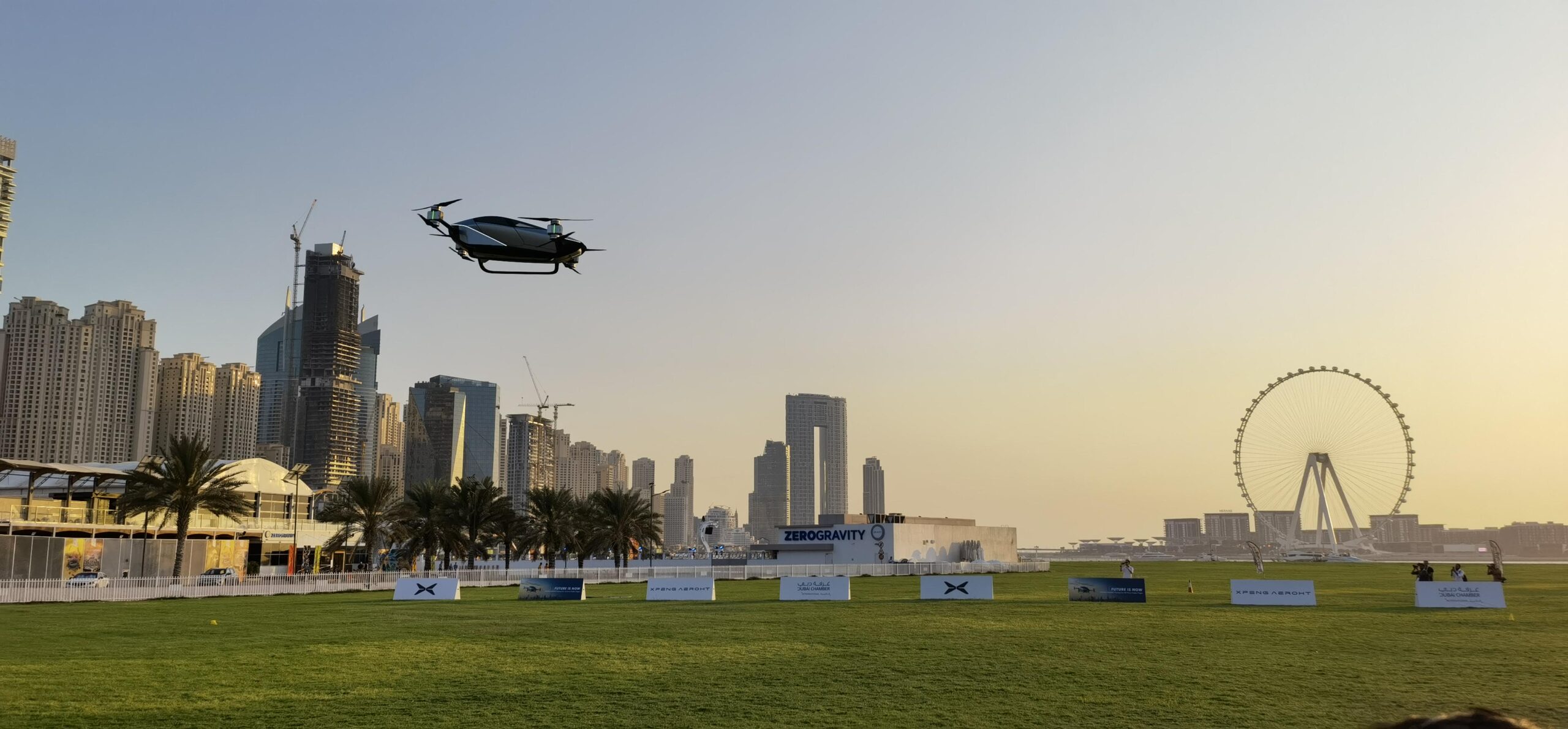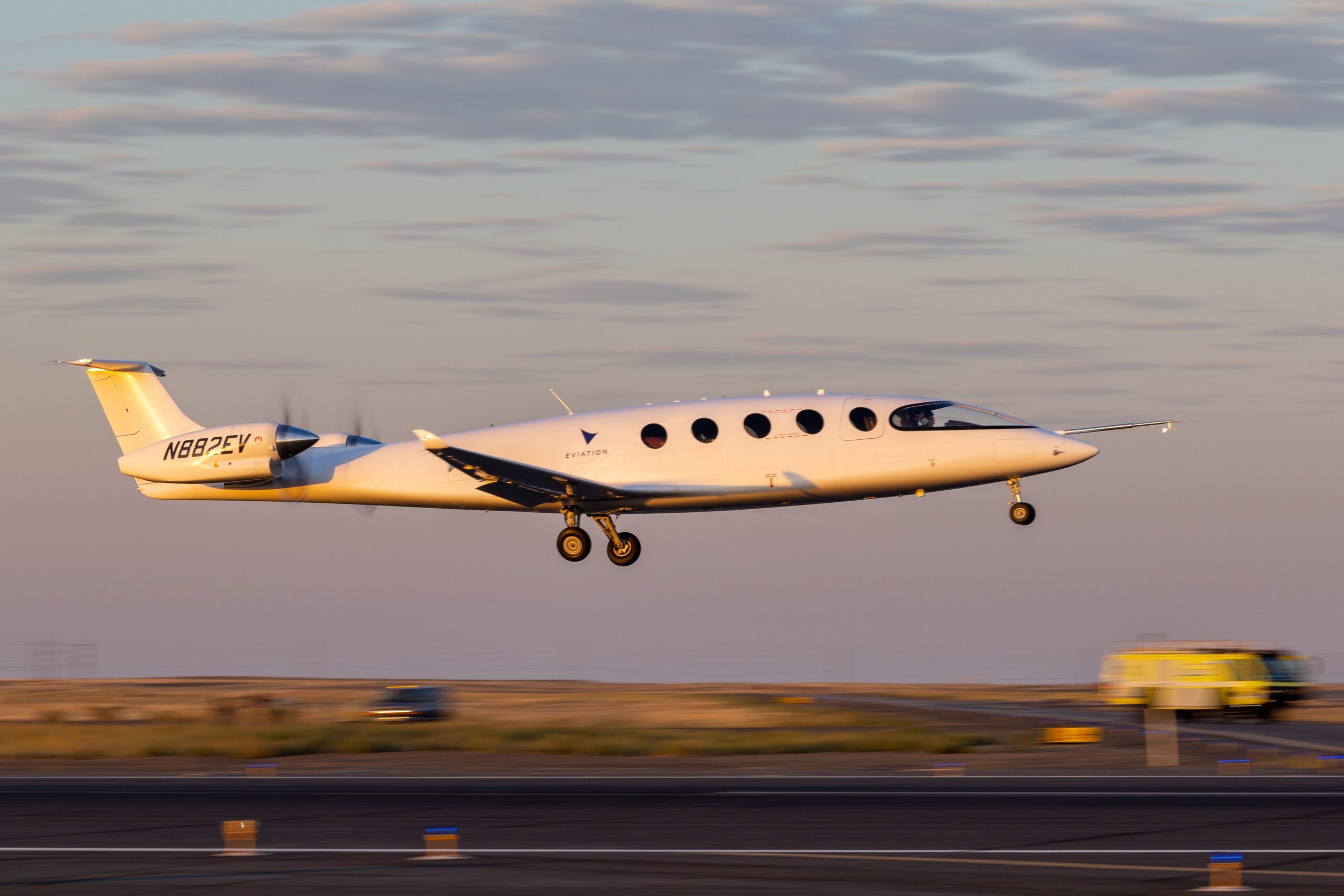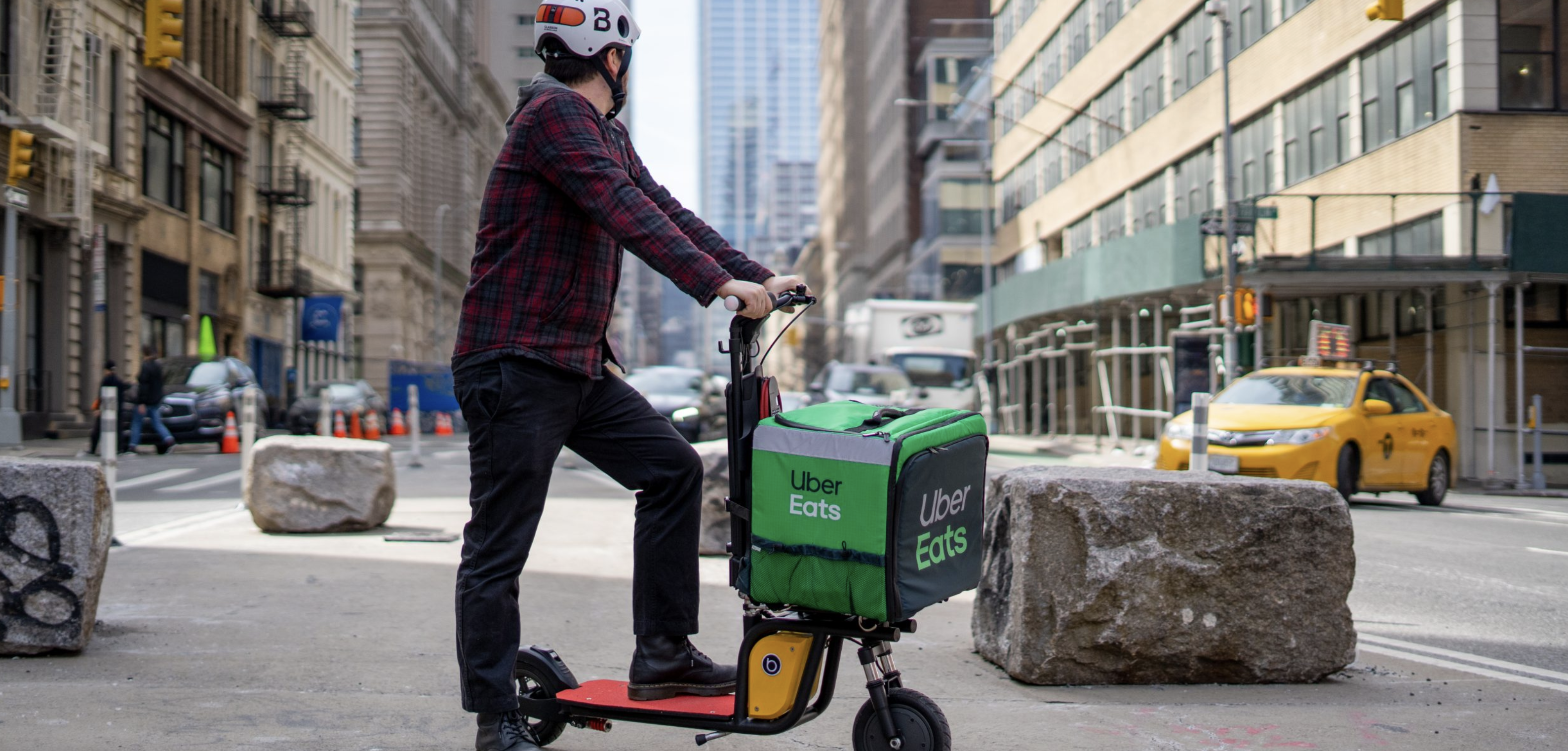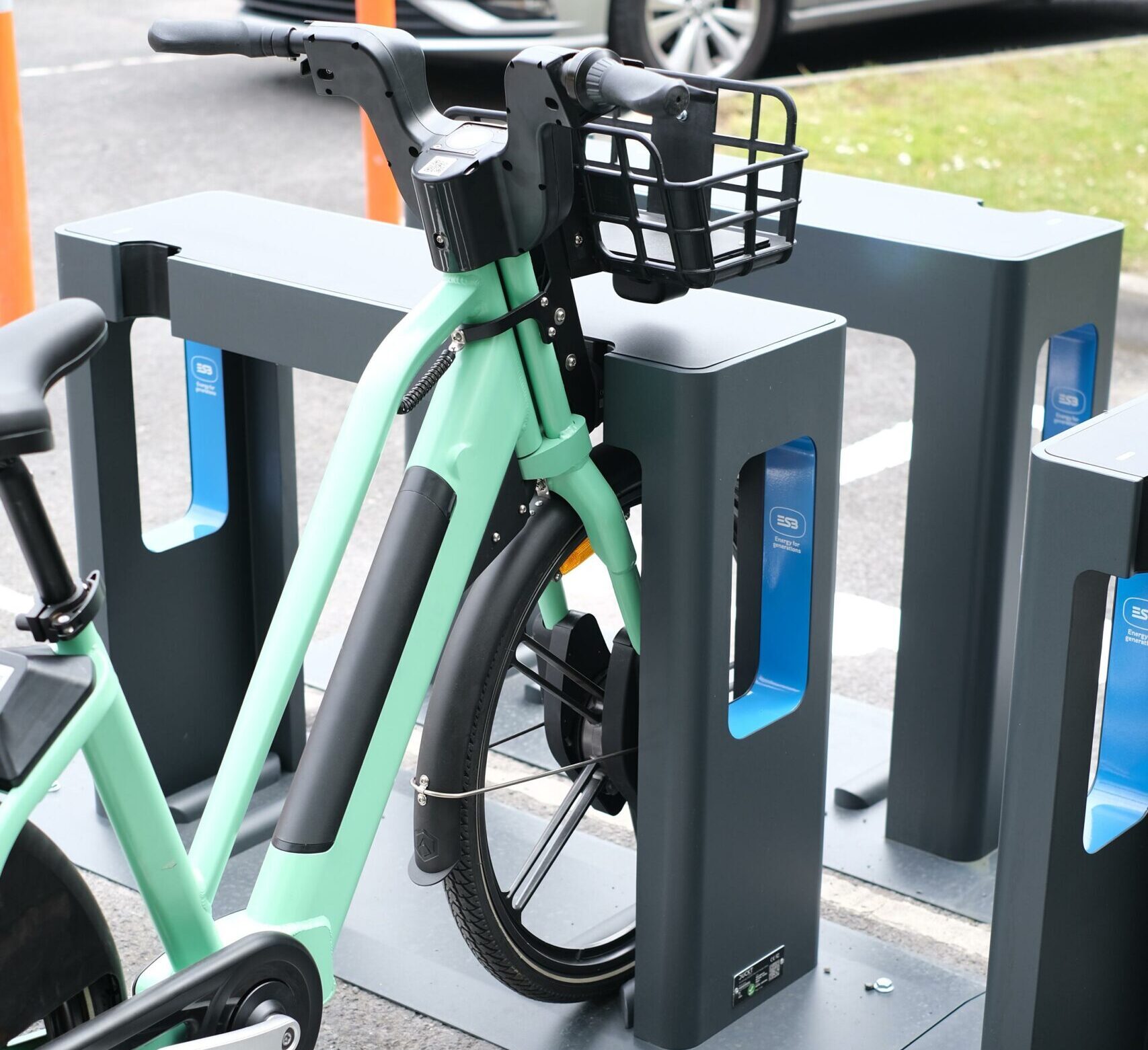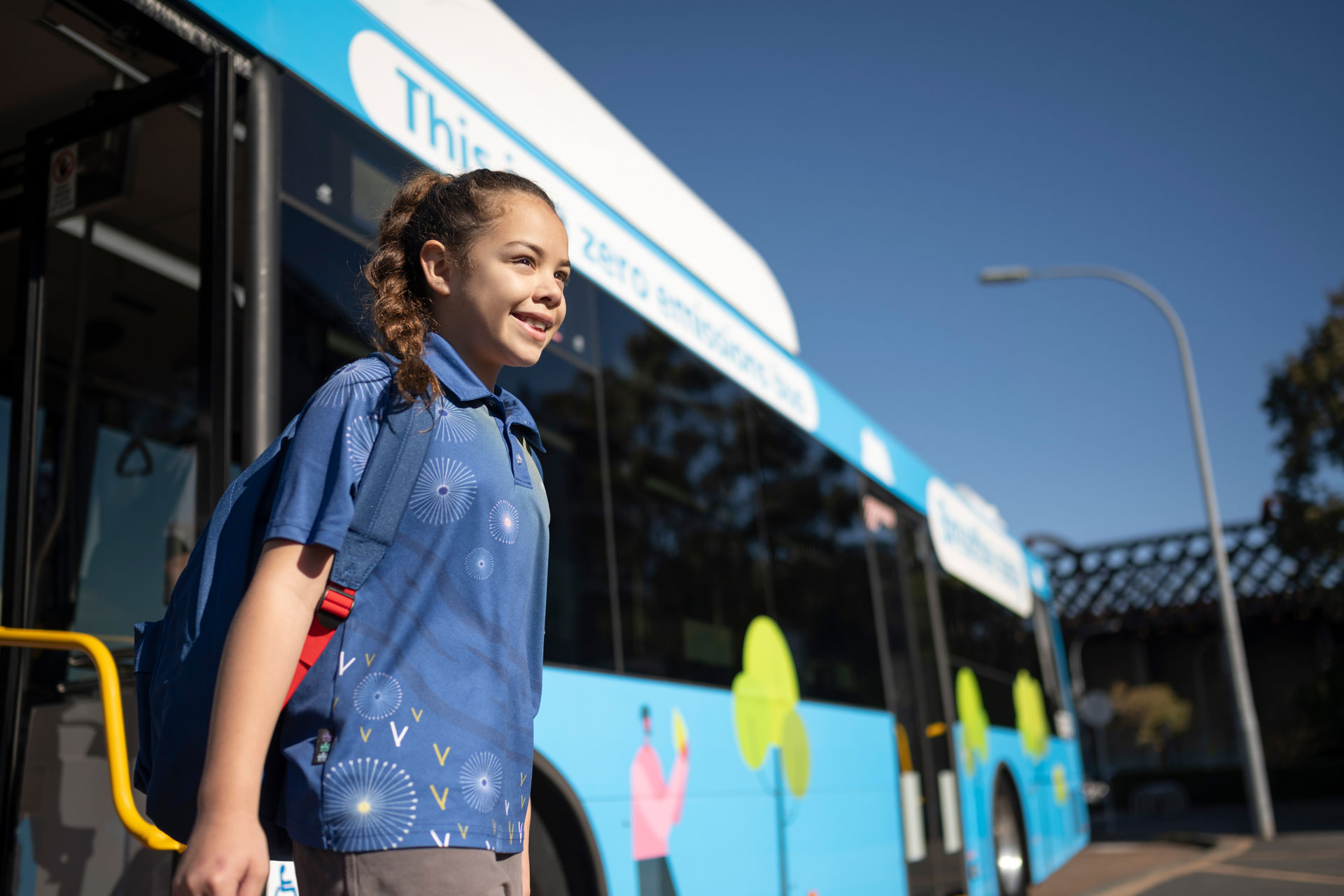In partnership with micromobility operator Beam, the University of South Australia (UniSA) has launched a ‘Future Scooter Lab’ that aims to help shape the future of Australia’s micromobility industry.
This educational initiative will offer students hands-on learning experiences and will allow them to engage with the real-world challenges faced by micromobility operators.
As part of this lab, Beam will provide industry problem statements that UniSA students will try to solve via a research project for their coursework.

This opportunity will be available to students from the undergraduate Bachelor of Design, Product Design and postgraduate Master of Design (Industrial Design specialisation) programmes at UniSA.
These students will engage in research to investigate personal transport and mobility systems and will identify trends and opportunities for future vehicle design.
The students will then develop their research into a design brief, which will be executed using an iterative design process. The results will address key tactical issues in the industry and identify future opportunities for growth.
Beam’s General Manager (ANZ) Tom Cooper said:The shared micromobility industry has progressed quickly since it was first introduced to Australia in 2018, with great advances in geofencing technology, AI and machine learning that have made it possible for the industry to scale as quickly as it has. As the industry continues to grow, it’s vital that we are able to educate and nurture local talent who will be able to take on the new challenges of micromobility as we work to make an impact on congestion in our cities.
Beam’s Future Scooter Lab is an opportunity for tertiary students studying relevant subjects such as engineering and industrial design to find out more about a new but rapidly changing industry, and understand the real-world implications that their work will have when they graduate.We also learn from the students, just as much as they learn from us, with the students providing insights from their research process that we then incorporate into our operations strategies.
As part of Future Scooter Lab, students will receive feedback on their work from Beam’s product and operational teams and will have access to Beam’s data and resources to ensure the real-world relevance to their work.
They will also take part in practical tours and hands-on demonstrations at Beam’s warehouses and will receive guest lectures from Beam’s product, operations and strategy managers on the industry, its growth, opportunities and challenges.
This lab will allow students to design or contribute to the next generation of e-mobility devices, while incorporating real-world applications.
UniSA’s Programme Director: Bachelor of Design, Dan McLean said:This project presents an outstanding opportunity for the Product and Industrial Design students at UniSA. Working on real projects that can have real-world impact is something that we aim to facilitate for our students, and we are thrilled to be able to work closely with a global company like Beam.
Recently, we have worked on mobility projects with our students including solar cars and future buses, so the micromobility project with Beam fits nicely with our previous projects, designing how cities of the future can facilitate accessible mobility for all.

